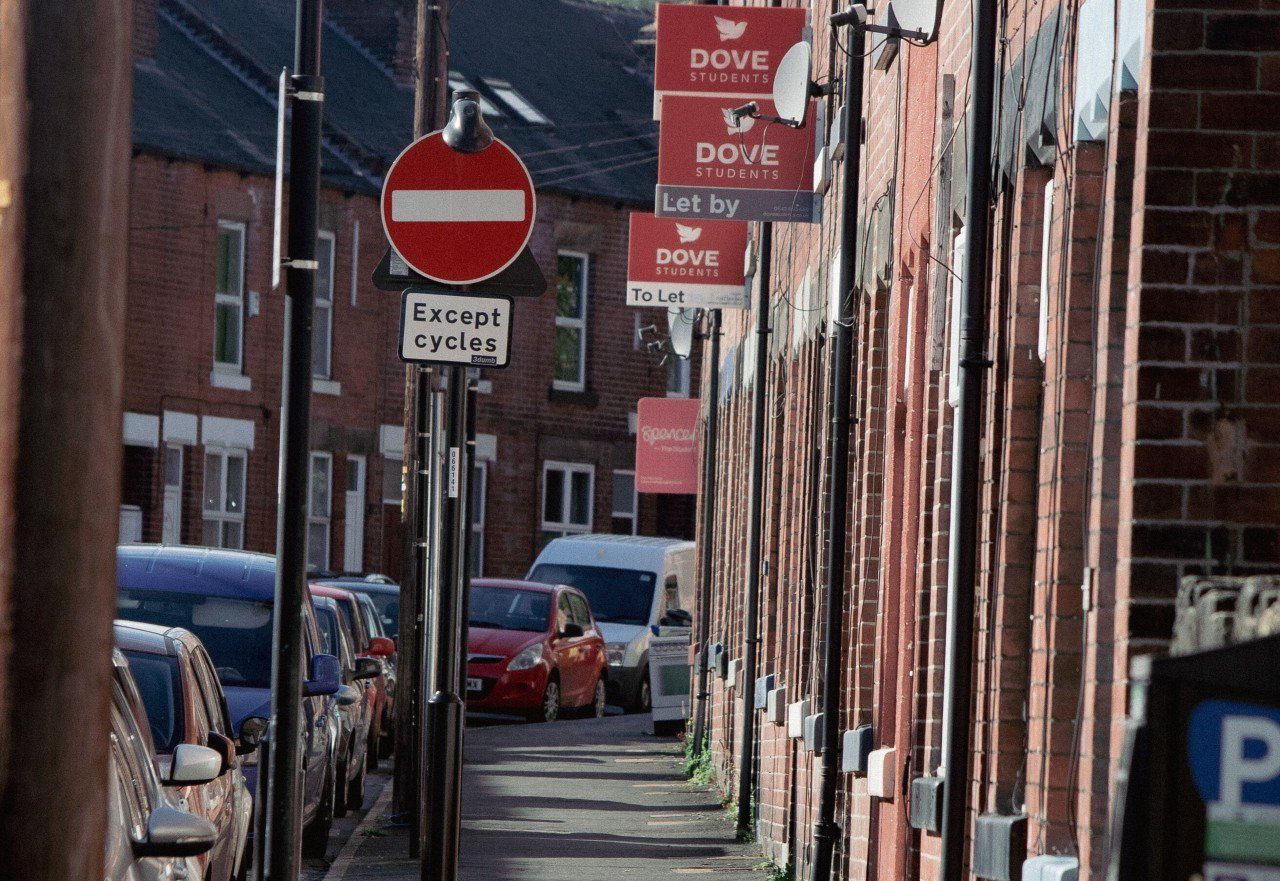
People’s Health Trust welcomes the Renters’ Rights Act, which received Royal Assent on Monday, as a major step forward for renters’ health. However, the Trust warns that without proper enforcement and faster implementation, the legislation risks falling short.
The Act sets out a number of new and welcome policies on improving the health of renters, including the end of Section 21 “no fault” evictions as well as the extension of the Decent Homes Standard (which sets minimum housing conditions) and Awaab’s Law (which requires landlords to fix health hazards quickly) to the private rented sector. However, People’s Health Trust believes the Act alone will be insufficient without necessary, properly resourced enforcement and an acceleration of the new measures to be much sooner than currently planned.
In response to the Act, People’s Health Trust’s Chief Executive, John Hume, said:
“Unfit homes – with damp, mould, and serious hazards – are causing poor health and early death. As our Homes for Health programme has shown, people’s health can improve with quick and decisive action to tackle these harms.
“The Renters’ Rights Act is a strong piece of legislation and has the potential to significantly improve housing conditions and consequently the health of renters. The end of Section 21 evictions is a long time coming. Extending Awaab’s Law and the Decent Homes Standard and the creation of the private rental database and ombudsman all have the potential to drive up standards, improve quality and ensure more tenants’ health is not threatened by where they live.
“However, the Act alone will not shift the dial and improve housing and health for those who need it now. Crucial questions remain on how these new measures will be enforced, and whether proper resourcing will be put behind their enforcement. Additionally, the proposed 2035-37 implementation date for the Decent Homes Standard to private tenancies risks being fatally flawed and could leave a whole generation of tenants subjected to unsuitable living conditions and poor health outcomes. It’s unacceptable for the 4.6 million households in the private rented sector – one in five of all households - to have to wait at least ten years for these vital changes to be made. We call for them to be accelerated so this important reform benefits people’s health much sooner.”
